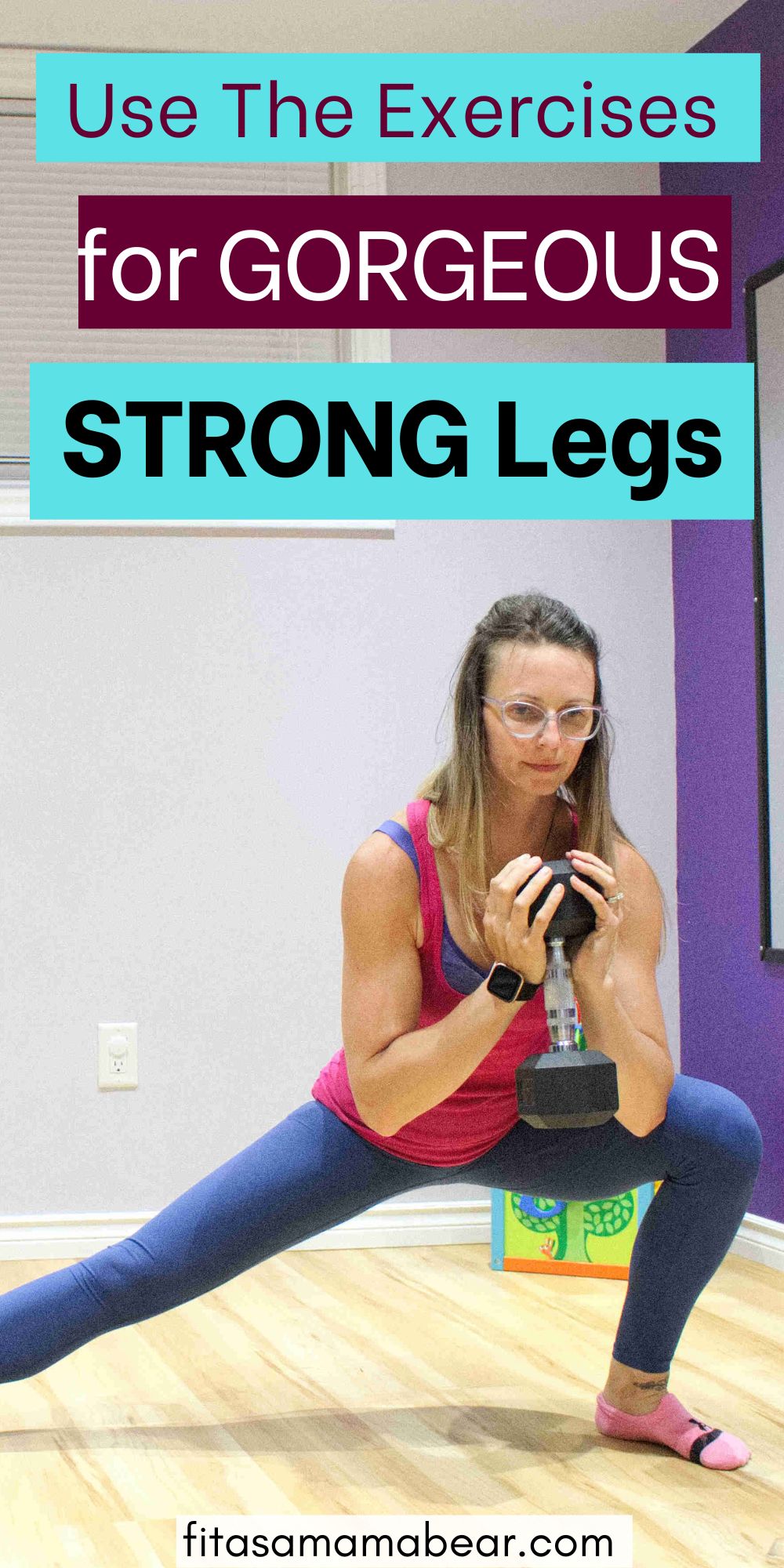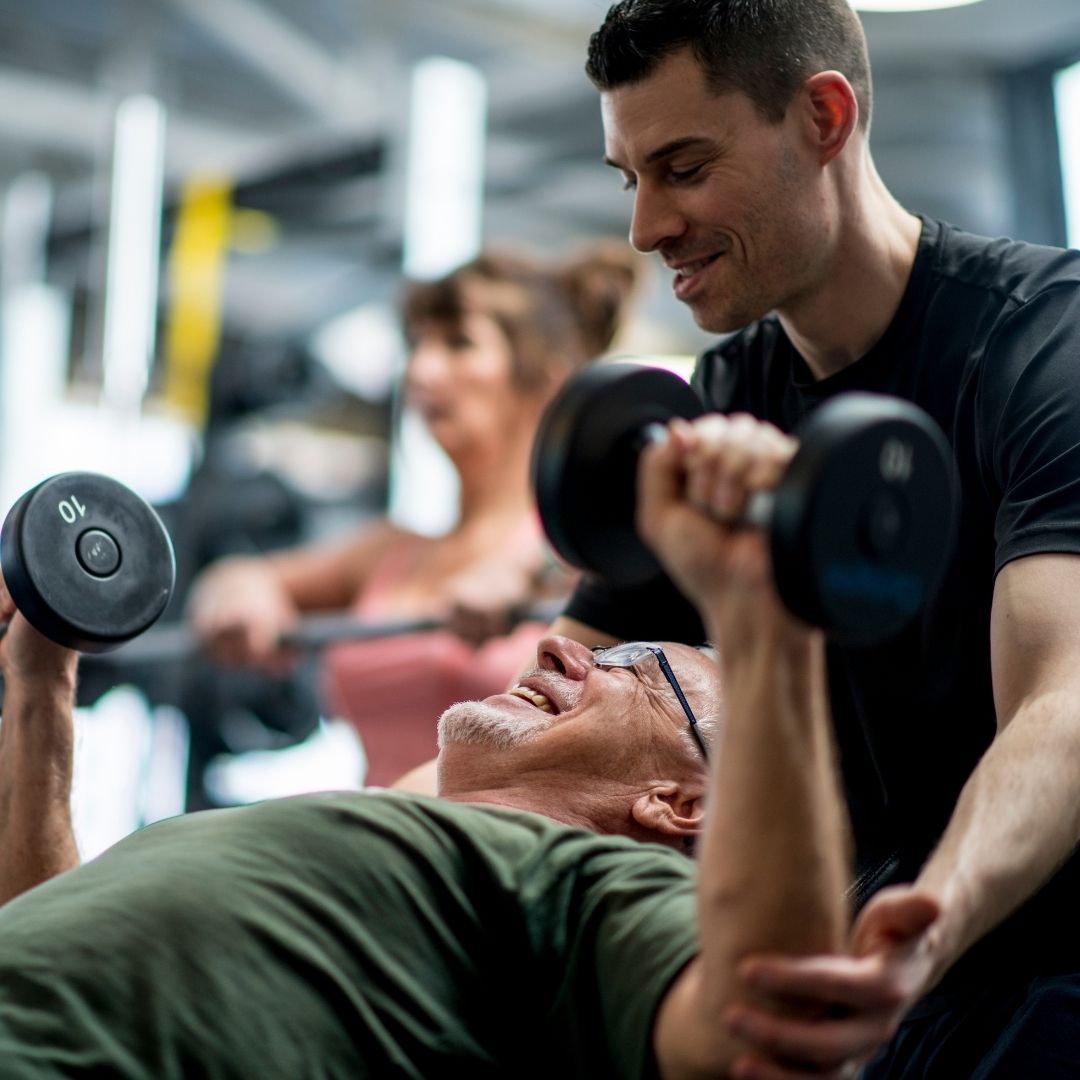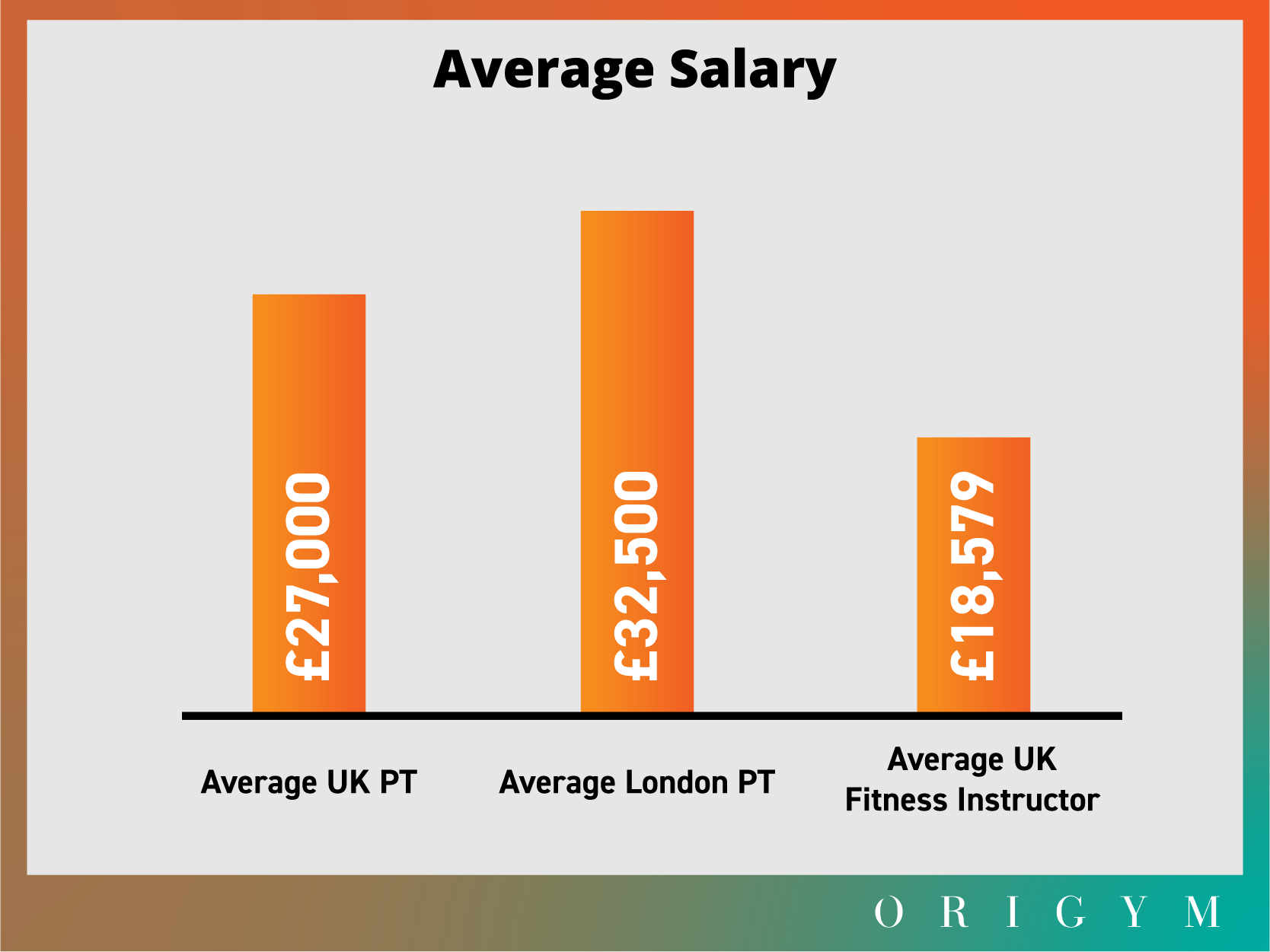
This article will provide an overview of the salary of a certified personal trainer. This article will discuss the requirements to become a certified personal coach, the ranges of salaries for different states, as well as the average salary for certified personal trainers in New York City. After reading this article you can decide whether becoming a personal trainer is the right choice for your career.
Earning certification as a personal trainer
Earnings as a certified personal trainer can vary widely. The lowest-paid trainers can earn up to $21,000 a year, while those in the highest-paid brackets can earn as much as $47,000 a year. A certified personal trainer's salary will depend on several factors, including location. California, Hawaii, Alaska and Vermont trainers typically make more than their counterparts from other states.
You can make a decent living as a certified personal training professional if you have the right experience. Your salary could be higher if you have worked for a large number of clients or have specialized knowledge in one area. Your key to success is to create a strong reputation within your local community and gain referrals. This will make it easier to secure clients and earn higher salary.

You must be a certified personal instructor
A certification as a personal trainer is required if you want to pursue this career. Personal trainers are generally at least 18 years of age with a highschool diploma. A college degree or experience in the field is helpful, but not necessary. Personal trainers should be certified and pass a standard test to show that they have the knowledge and experience necessary to offer quality services to clients. There are many courses offered by nationally-recognized organizations. If you are interested in becoming a certified trainer, choose an organization that has a large selection of courses, offers online testing, and has an established reputation.
Personal trainers need to learn business basics in addition to the required training. Many certifying agencies offer specialty certifications that are focused on specific areas of personal trainer. A specialty certification allows a trainer to have more knowledge and can charge more for their services.
Average annual salary of a certified personal trainer in New York City
A certified personal trainer in New York City earns an average salary of $74,000. This includes bonuses and tips. The actual salary will vary depending on your location and work experience. It may be worth looking into a job as an individual trainer or personal trainer in New York City if your goal is to become a certified personal trainer.
Personal trainers are required to manage multiple sessions per day, in addition to working in a gym. Although they are often working with clients, the majority of their work is done for them. However, they also have the option to work on their own. As an independent contractor, they can choose to work in large box gyms or as an independent contractor.

Average annual salary of certified personal trainers in other states
The average salary for a personal trainer is different across the country. There are differences in the amount of education and experience that a trainer must have, and these factors will influence the salary that a person can expect to earn. A person with less than two years' experience can expect to make around $18,500 annually, while someone with five years or more will make about $27,000 annually.
The average salary for a personal trainer in many states is around $40,000. The average salary for a personal trainer in many states is around $40,000. It all depends on where you are located. Personal trainers who work in gyms are the most well-paid. Those who earn less than $20k are the least-paid. However, most of these jobs are found in gyms. You can also find work within education, government agencies, and civic and/or social organizations.
FAQ
How exercise and nutrition can help to live a happier life
Exercise is a great way to keep fit, lose weight, build muscle mass, and reduce stress. Nutrition is crucial for your energy, mood, health, and sleep. If you want to live longer, eat less meat, drink alcohol moderately, avoid smoking, and do regular physical activity.
What is exercise good for?
Exercise is a great way to lose weight, increase your energy, lower stress levels, strengthen your muscles, and improve your sleep quality. The benefits of exercise include improved moods, better self-esteem, increased productivity, and reduced risk of heart disease.
Do I lose weight if I exercise?
Yes. Yes. Regular exercise can help you lose weight and burn extra calories. Exercise also helps keep your metabolism up, so you continue to burn calories even when you aren't exercising.
What effects does caffeine have on my sleep patterns?
Caffeine has a significant impact on how fast you fall asleep and how deep you sleep. Caffeine makes falling asleep easy by causing drowsiness. Caffeine keeps you awake for longer periods of time, making it difficult to fall asleep again. Try drinking energy drinks and coffee before bed.
What happens if I don't get enough sleep?
You can't get enough sleep and your brain will not be able to regulate hormones and chemicals responsible for controlling appetite and metabolism. As a result, your body may become more hungry and can gain weight. Sleep deprivation can also lead to excessive weight gain.
Statistics
- Physical activity confers the following maternal and fetal health benefits: a decreased risk of pre-eclampsia, gestational hypertension, gestational diabetes (for example, 30% reduction in risk) (who.int)
- An estimated 110,000 deaths per year could be prevented (cdc.gov)
- In 2018, the World Health Assembly agreed on a global target to reduce physical inactivity by 15% by 2030 and align with the Sustainable Development Goals. (who.int)
- According to the Centers for Disease Control and Prevention, chronic diseases cause 7 out of 10 deaths in the U.S., and treating chronic diseases accounts for 86% of U.S. healthcare costs. (mana.md)
External Links
How To
How to stay fit at 40
This article provides guidance for people who want to keep their bodies strong and healthy, even after turning 40. This article provides basic information on how to eat well, exercise, sleep well, and take care your mental health. This article provides tips to help you live longer and be healthier.
-
Healthy eating habits are key to staying fit. Avoid processed foods and opt instead for whole grains, fruits and vegetables, lean meats and fish, as well as nuts, seeds and beans. Do not eat what you don’t like. You can add another food to your daily diet. Don't starve yourself; this won't help you lose weight. Instead, add small amounts more variety to your daily menu. Try turkey once a week if you usually only eat chicken breast. Or if you love pasta, try rice occasionally. Try to incorporate these types of foods into your diet so that they become part of your everyday life.
-
Exercise - You should exercise at least three days per week. You should include cardio activities such running, swimming or biking. Make sure to get enough rest. It is recommended to get 8 hours of sleep each night. You should also ensure you get enough water throughout the day. Drink 2 liters (0.5 gallon) of water each day.
-
Sleep well - A good night's sleep is key to staying healthy. The National Sleep Foundation says adults need at least 7-8 hours of sleep each night to maintain their physical and emotional health. But most people sleep less than 6 hours per night. If you find that you are constantly tired throughout the day, try making adjustments to your sleeping habits. It is possible to catch up by making adjustments to your sleep schedule, such as waking up earlier or going to bed later. Turn off your phone prior to going to bed to help you wind down and relax. Avoid caffeine after noon as it can cause insomnia.
-
Take Care Of Your Mental Health - For a healthy body, it is important to take care of your mind. Stress can lead you to make poor choices in food and lifestyle choices. You should practice stress management techniques, such as yoga, meditation, breathing exercises, or relaxation. One hour of your time should be spent doing something enjoyable. This could be taking a stroll outside, reading a book or listening to music.
The above four points will ensure that you live longer and healthier. These four simple steps will help achieve your fitness goals.